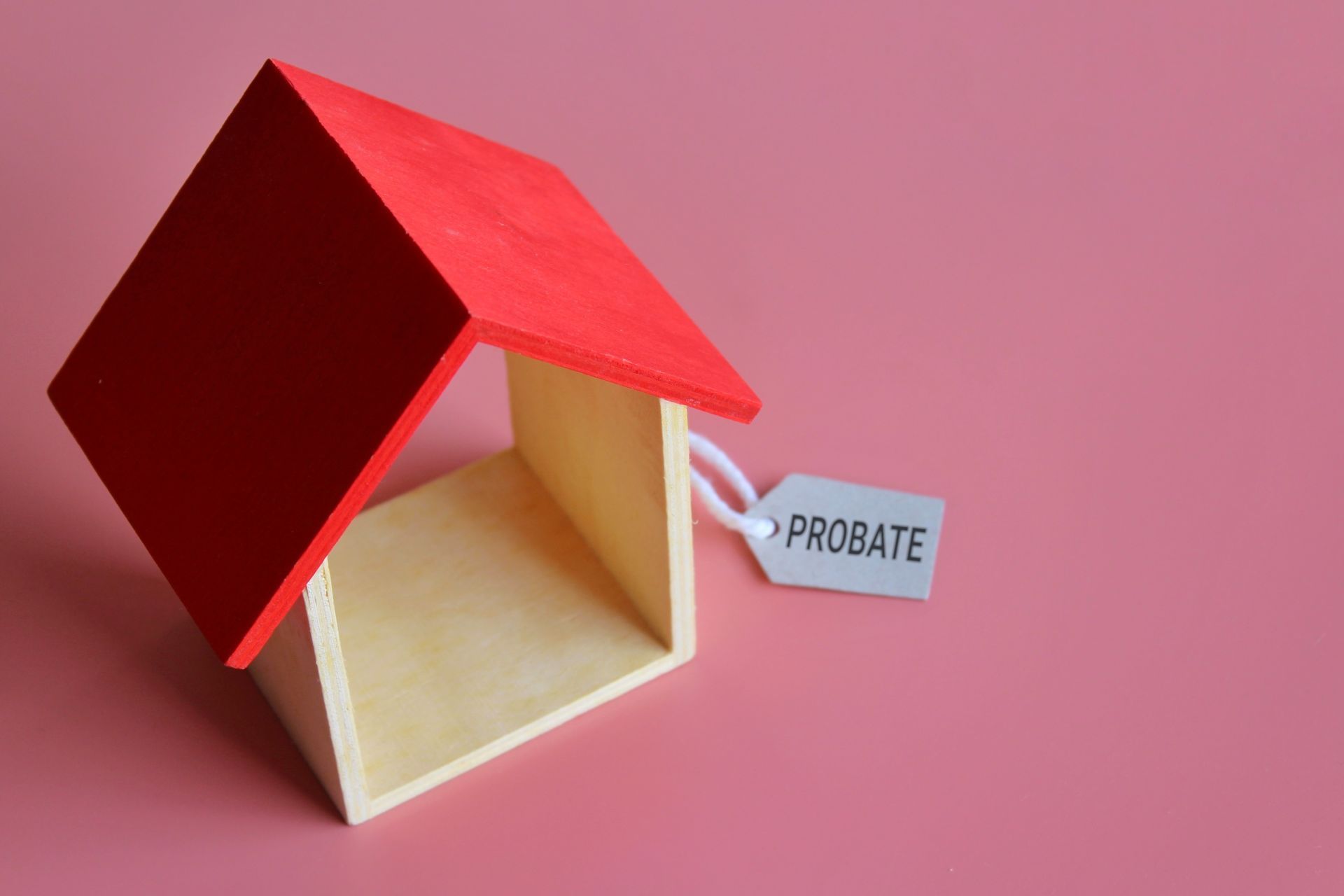Who Owns the Property in a Revocable Trust?
A revocable trust is a powerful tool for managing assets. But one question often arises: "Who owns the property in a revocable trust?" Understanding the answer can help you make informed decisions about your estate planning.
What Is a Revocable Trust?
Before diving into who owns the property, let's first understand what a revocable trust is. A revocable or living trust is a legal arrangement where you (the trustor) transfer your property into the trust. A trustee manages the trust, who can be you or someone else you choose. The key feature of a revocable trust is that you can change, modify, or even cancel it at any time while you're alive and mentally capable.
How Does Ownership Work in a Revocable Trust?
The concept of ownership in a revocable trust can be tricky. Here's how it works:
1.Legal Title: When you place property in a revocable trust, the trust technically becomes the legal owner of that property. This means that the property is no longer in your name; instead, it's held in the name of the trust.
2. Beneficial Ownership: Even though the trust holds the legal title, you, as the trustor, retain what's called "beneficial ownership." This means you still control the property, enjoy its benefits, and use it as you wish. You can live in a house in the trust, sell it, or pass it on to your heirs.
3. Trustee's Role: The trustee is the person or institution responsible for managing the property in the trust. If you're the trustee, you continue managing the property as before. If you appoint someone else as the trustee, they must manage the property according to the trust's terms.
What Happens to Ownership After You Pass Away?
One of the main reasons people set up a
revocable trust is to make it easier to pass property to their heirs after they die. Here's what happens to the ownership of the property in the trust after your death:
1.Successor Trustee: After you pass away, the person you named as the successor trustee takes over. They manage and distribute the trust property according to your instructions.
2. Transfer of Ownership: At this point, the property is no longer yours. The trust becomes irrevocable, meaning it cannot be changed. The successor trustee transfers the property to your beneficiaries, who become the legal owners.
3. Avoiding Probate: One significant advantage of a revocable trust is that it helps your heirs avoid probate, the legal process of distributing someone's property after death. Because the trust already owns the property, it doesn't have to go through probate, which can save time and money.
Why Keep Property in a Revocable Trust?
There are several benefits to keeping property in a revocable trust:
1.Control: Even though the trust technically owns the property, you maintain control over it as long as you're alive. You can change the trust, add or remove property, and even revoke the trust entirely if you change your mind.
2.Privacy: A trust is a private document, so the details of your assets and who inherits them are not made public, unlike a will, which becomes part of the public record during probate.
3. Ease of Transfer: After your death, the property in the trust is transferred directly to your beneficiaries without going through probate. This can be a quicker and less costly process.
4. Incapacity Planning: If you cannot manage your affairs due to illness or injury, the trustee can step in and manage the trust property on your behalf, ensuring your assets are protected and managed according to your wishes.
Who Truly Owns the Property?
So, who owns the property in a revocable trust? The simple answer is that the trust legally owns it. Still, as the trustor, you retain complete control and use of the property during your lifetime. After your death, the property is distributed to your beneficiaries, who become the legal owners.
Conclusion
A revocable trust is a valuable tool in
estate planning, offering flexibility, control, and privacy. While the trust technically owns the property, you retain the benefits and control during your lifetime. After your passing, the property is smoothly transferred to your beneficiaries, avoiding the hassle of probate.
Understanding who owns the property in a revocable trust can give you peace of mind and help you make informed decisions about your estate planning. If you're considering setting up a trust, consulting with an experienced attorney, such as those at
Doane and Doane, can ensure it's structured to meet your needs and goals. Their expertise can guide you through the complexities of trust management and estate planning, helping you achieve the best outcomes for your situation.
Disclaimer: The information on this website and blog is for general informational purposes only and is not professional advice. We make no guarantees of accuracy or completeness. We disclaim all liability for errors, omissions, or reliance on this content. Always consult a qualified professional for specific guidance.
RECENT POSTS






